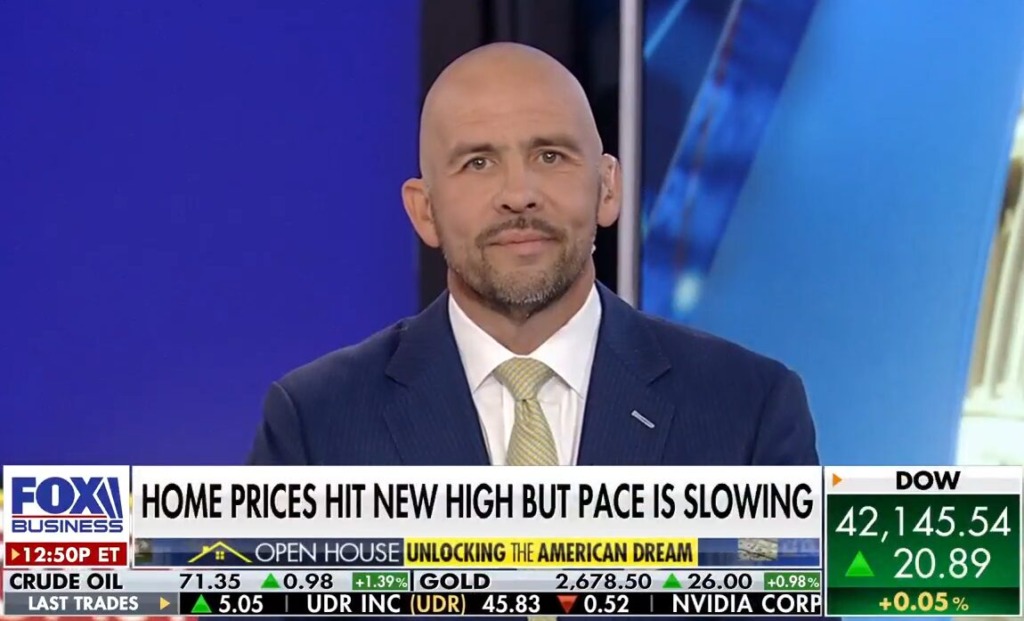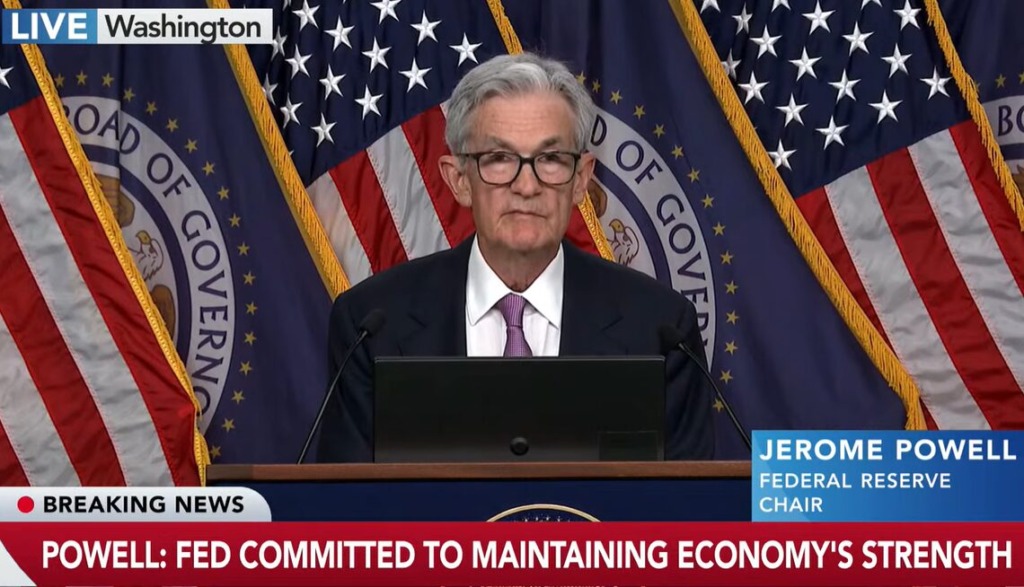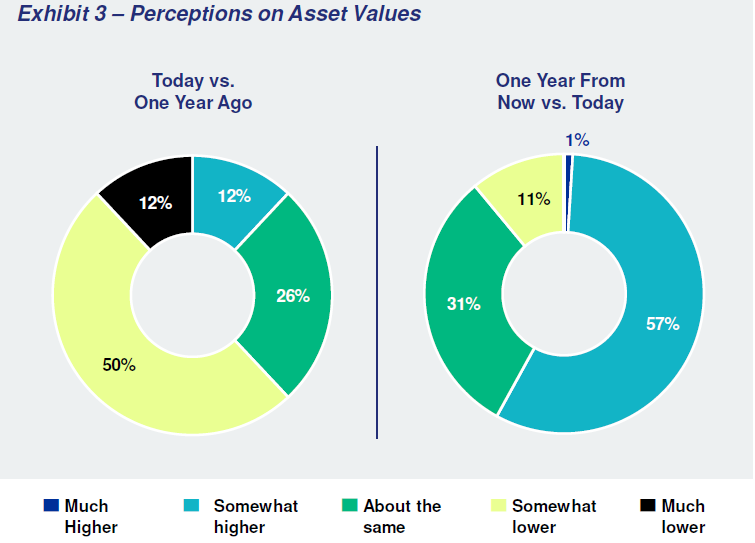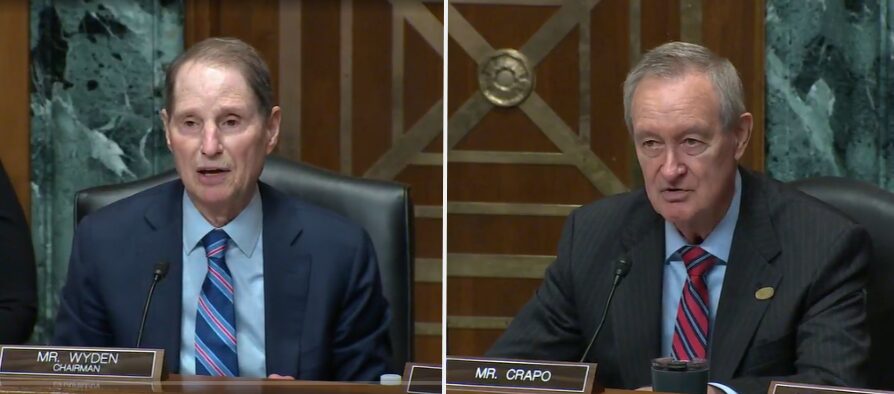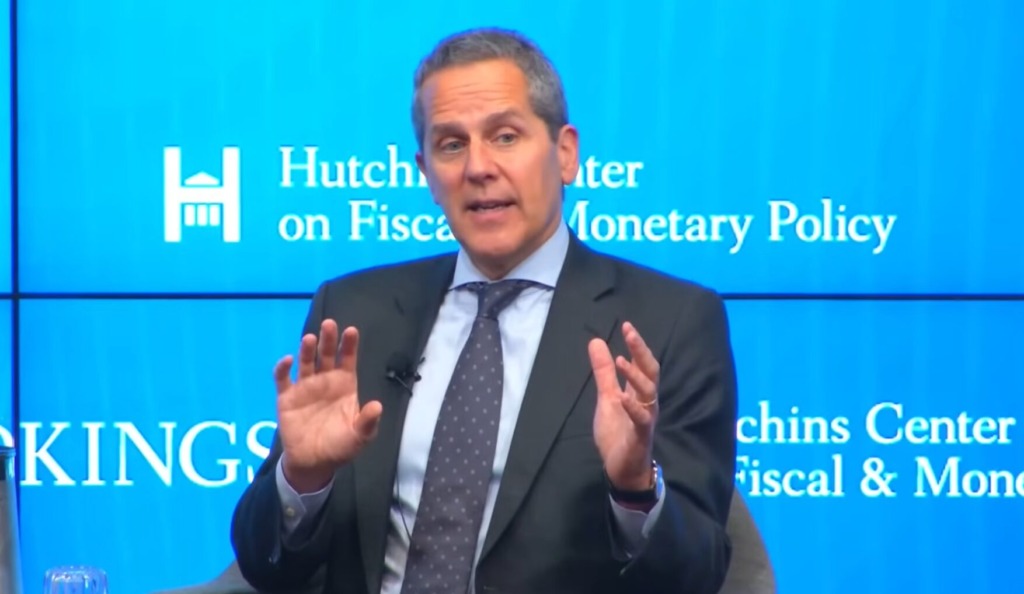
Cities across the U.S. are increasingly embracing office-to-residential conversions as part of the solution to address persistent housing shortages and high office vacancy rates driven by remote work policies. Many local governments in key metro areas have accelerated incentive programs and made major progress, bringing thousands of new homes into the development pipeline with more to come.
Challenges and Incentives
- Property conversions can be a cost-effective means to re-purpose certain CRE assets to provide new, affordable housing supply, revive struggling city centers and small businesses, restore local revenue sources, and reduce energy consumption. While costs can vary depending on the building and other project factors, at least one recent property conversion is estimated to cost 40% less than a wholly new apartment building. (Morning Brew, Sept. 24)
- Office-to-residential conversions present a path to revitalizing downtown areas, but regulatory and financial hurdles must be addressed to unlock their full potential. (ULI, Sept. 27)
- Various cities are actively pursuing policies to incentivize these conversions through zoning changes and tax incentives:
- New York City proposed a $400 million initiative to support the conversion of older office buildings into residential units. The “City of Yes for Housing Opportunity” plan aims to create 500,000 new homes over the next decade by legalizing zoning conversions for buildings constructed before 1990 in areas where residential use is allowed, and expands the types of housing commercial buildings can be converted into.
- Washington, D.C. has implemented the Housing in Downtown program, designed to catalyze new residential development through a 20-year tax abatement for commercial-to-residential conversions, with expectations to deliver 6.7 million square feet of residential use. (BisNow, Sept. 19)
- Minneapolis took steps last week to simplify its office-to-residential conversion process by passing an ordinance that streamlines the review process, reduces project timelines, and pauses certain affordability requirements for five years. (CBS, Sept. 24)
- San Francisco has seen limited success despite efforts to incentivize conversions. Only two projects totaling 165 units are underway, prompting Mayor London Breed and Supervisor Matt Dorsey to propose eliminating impact fees and affordable housing requirements for downtown conversions in key areas. (GlobeSt., Oct. 1)
- California faced a setback this week when Governor Gavin Newsom vetoed a bill aimed at expediting the conversion of vacant office buildings into residential or mixed-use spaces. The legislation would have mandated by-right approval for adaptive reuse projects, streamlining the review process by bypassing environmental reviews and local zoning approvals. (GlobeSt., Oct. 1)
- This week on the Walker Webcast, Dr. Peter Linneman (Leading Economist, Professor Emeritus, The Wharton School of Business) predicted there will be a push for back-to-office policies after the November elections, regardless who gains control of the White House. (Walker Webcast, Oct. 2)
Climate Risks and Opportunities

- Office-to-residential conversions are recognized universally as having positive climate impacts because they reduce “embodied” emissions in concrete, glass, and other construction materials relative to new projects built from the ground up. (Arup, Dec. 2023; Urban Green, Dec. 2023; NAIOP (April 2023)).
- Expanding the use of clean energy tax credits, as proposed in the IRA, could further incentivize conversion projects, helping to reduce long-term operating costs and improve building resilience.
- With tax policy debates at the forefront in Washington, The Roundtable submitted recommendations to Congressional tax leaders this week (see Tax story above), urging enhancements to the Inflation Reduction Act’s clean energy tax provisions in any future legislation. (Letter, Oct. 2)
- The recommendations included expanding energy-efficient tax credits to cover low-emissions building equipment and allowing developers to transfer the 45L and 179D credits, which would help reduce housing costs and boost energy efficiency.
- The Roundtable has also encouraged federal agencies to make key improvements to their existing low-interest loan programs to better support property conversions that support high-density, transit-oriented housing. (Roundtable Weekly, April 19)
- A recent Morningstar report highlighted the growing importance of ESG considerations in real estate investment, with 67% of global asset owners acknowledging that ESG factors have become more material over the past five years. (CREFC, Oct. 1)
The Roundtable will continue to advocate for support at the federal level, such as the bipartisan Revitalizing Downtowns and Main Streets Act (H.R.9002) introduced in July, to create market-based tax incentives for office-to-residential conversions. These projects offer a promising but complex solution to both the commercial real estate market’s transformation and the housing shortage. With proper support, they could reshape and rebuild cities across the country.




